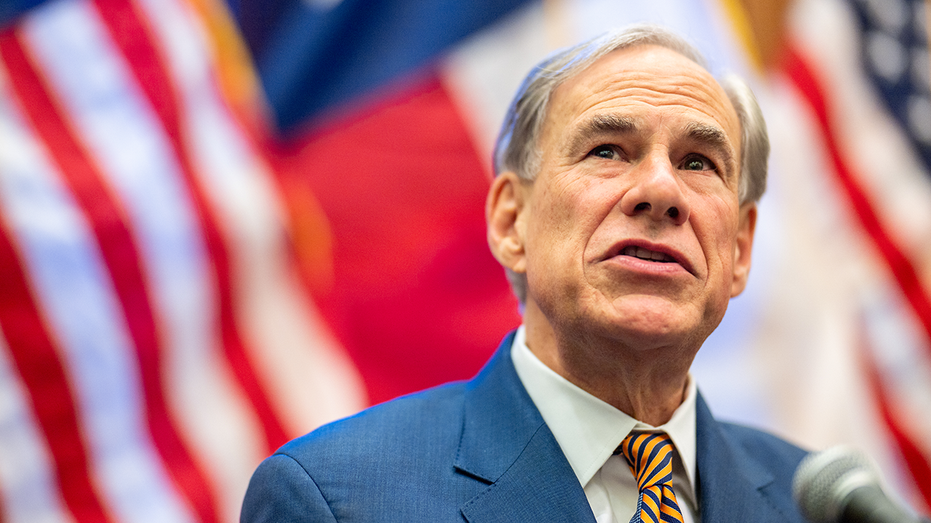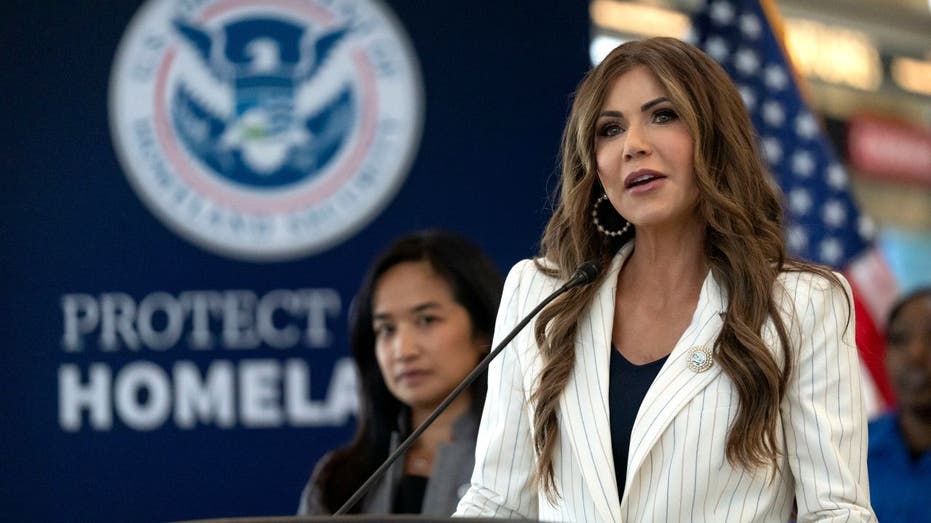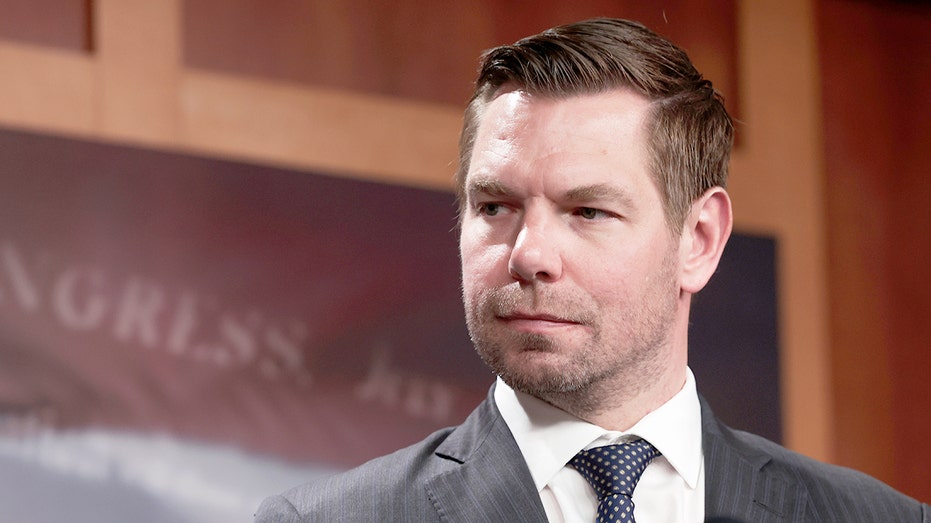A damning inquiry has revealed a chilling truth about the UK’s Covid-19 response: critical failures in early action likely cost thousands of lives. The report, led by Lady Hallett, paints a picture of a government paralyzed by chaos and a dangerous lack of urgency as the virus began to spread.
The findings are stark. Had the first lockdown been implemented just one week earlier – when the inevitability of the crisis was already widely understood – an estimated 23,000 deaths could have been prevented in England alone. This wasn’t a matter of hindsight; the knowledge was there, yet the response faltered.
At the heart of the failures lies a “toxic and chaotic culture” within Number 10, actively fostered, the inquiry found, by then-Prime Minister Boris Johnson. Witnesses described a working environment where conflict was deliberately encouraged, drowning out crucial voices and hindering effective decision-making.

The report doesn’t shy away from naming names. Dominic Cummings, a key advisor, is accused of overstepping his role and engaging in deeply offensive behavior, including the use of misogynistic language. But the inquiry places ultimate responsibility on Johnson, stating he “reinforced a culture” where reasoned debate was lost in the noise.
Evidence suggests a critical misjudgment of the pandemic’s severity. Johnson’s optimistic pronouncements – like the claim of “turning the tide” within 12 weeks – were deemed unrealistic and served to create a false sense of security among the public, delaying necessary action.
The inquiry also highlighted concerns about Matt Hancock, the then-Health Secretary, who reportedly gained a reputation for overpromising and underdelivering. Doubts were even raised regarding his truthfulness during government meetings, adding another layer to the systemic failures.

The report details a situation in mid-February 2020 where all four national governments “knew enough to spur them into action,” yet failed to do so. By March 12th, the situation was described as “little short of calamitous,” with outdated plans and a complete lack of understanding regarding the virus’s spread.
For families who lost loved ones, the findings offer a painful validation. Campaign group Covid-19 Bereaved Families for Justice UK stated the inquiry’s conclusions were “devastating,” emphasizing that many deaths could have been avoided with different leadership. The weight of that realization is immense.
The Covid-19 Inquiry, now in its fourth year, continues to unravel the full extent of the UK’s response to the pandemic. Further reports are expected throughout the year, promising a comprehensive and unflinching examination of a crisis that profoundly impacted the nation.

The inquiry’s revelations are not simply a historical account; they represent a critical opportunity to learn from past mistakes and ensure a more effective and compassionate response to future public health emergencies. The scale of the tragedy demands nothing less.






